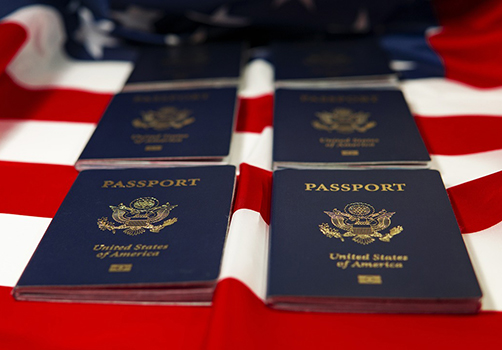
The EB-1A visa, part of the Employment-Based First Preference category, offers a pathway to lawful permanent residency in the United States for individuals with extraordinary ability in their field. Renowned for its stringent criteria and high standards, the EB-1A visa is a coveted option for those who have achieved exceptional acclaim in their profession, be it the sciences, arts, education, business, or athletics. Let’s delve into the intricate requirements that define eligibility for this prestigious visa category.
The EB-1A visa is specifically designed for individuals who have risen to the top of their respective fields and have garnered sustained international or national acclaim for their extraordinary abilities. Unlike many other employment-based visas, the EB-1A does not require a job offer or labor certification, making it an attractive option for highly skilled individuals looking to immigrate to the United States. This means that individuals can “self-sponsor†without needing an employer to sign or support their own applications.
At the heart of the EB-1A visa is the criterion of extraordinary ability. To qualify, an applicant must demonstrate a level of expertise and recognition significantly above that ordinarily encountered in their field. This can be evidenced by sustained national or international acclaim, as well as achievements recognized by experts in the field.
USCIS evaluates extraordinary ability based on a combination of criteria, including:
• Receipt of major awards or prizes in the field.
• Membership in associations that require outstanding achievements.
• Published material about the applicant’s work in professional or major trade publications or other major media.
• Participation as a judge of the work of others in the field.
• Original scientific, scholarly, artistic, athletic, or business-related contributions of major significance.
• Authorship of scholarly articles in professional or major trade publications or other major media.
• Display of work at artistic exhibitions or showcases.
• Performance of a leading or critical role in distinguished organizations.
As with all immigration benefits, the burden of proof lies with the applicant providing substantial evidence demonstrating their extraordinary ability. This may include awards, publications, media coverage, letters of recommendation from experts in the field, and evidence of significant contributions to the field.
The process is particularly attractive to Indian nationals, who have to wait over a decade for green card eligibility through more traditional EB-2 and EB-3 processes. However, applicants should be cognizant of the high evidentiary bar required of EB-1A filings – simply having a master’s degree or years of work experience is often not sufficient when seeking this high merit option.
The EB-1A visa offers a unique opportunity for individuals with extraordinary abilities to obtain permanent residency in the United States.
By meeting the stringent criteria outlined by USCIS and providing compelling documentation, eligible applicants can navigate the immigration process successfully.
Remember, pursuing the EB-1A option requires honesty and a slight amount of wariness – an unscrupulous practitioner will gladly recommend the EB-1A option to Indian professionals knowing that the lure of faster green card process is motivating the applicant’s decision-making and not their credentials.
While calculated risks can certainly play a role in determining each immigration strategy, applicants hire counsel to provide an unvarnished and candid assessment of their eligibility for the EB-1A visa; the speed of getting to a green card should be one of a number of factors of determining whether such a pathway is prudent – it should not be the overriding factor.
Therefore, while the promise of shortened processing times can be enticing, applicants should be honest with themselves in pursuing the EB-1A route. “It’s not what we say, it’s what we can prove†is a common maxim used throughout the offices of immigration attorneys nationwide, so saying that an applicant is extraordinary versus proving it are different challenges.
Guidance from experienced counsel and a genuine collaboration in assessing an individual’s credentials should provide any applicant with a clear understanding of whether the EB-1A pathway is a route to pursue.
Rishi P. Oza is Partner at Brown Immigration Law, a firm that focuses solely on immigration law; he practices in Durham. Contact: roza@rbrownllc.com



